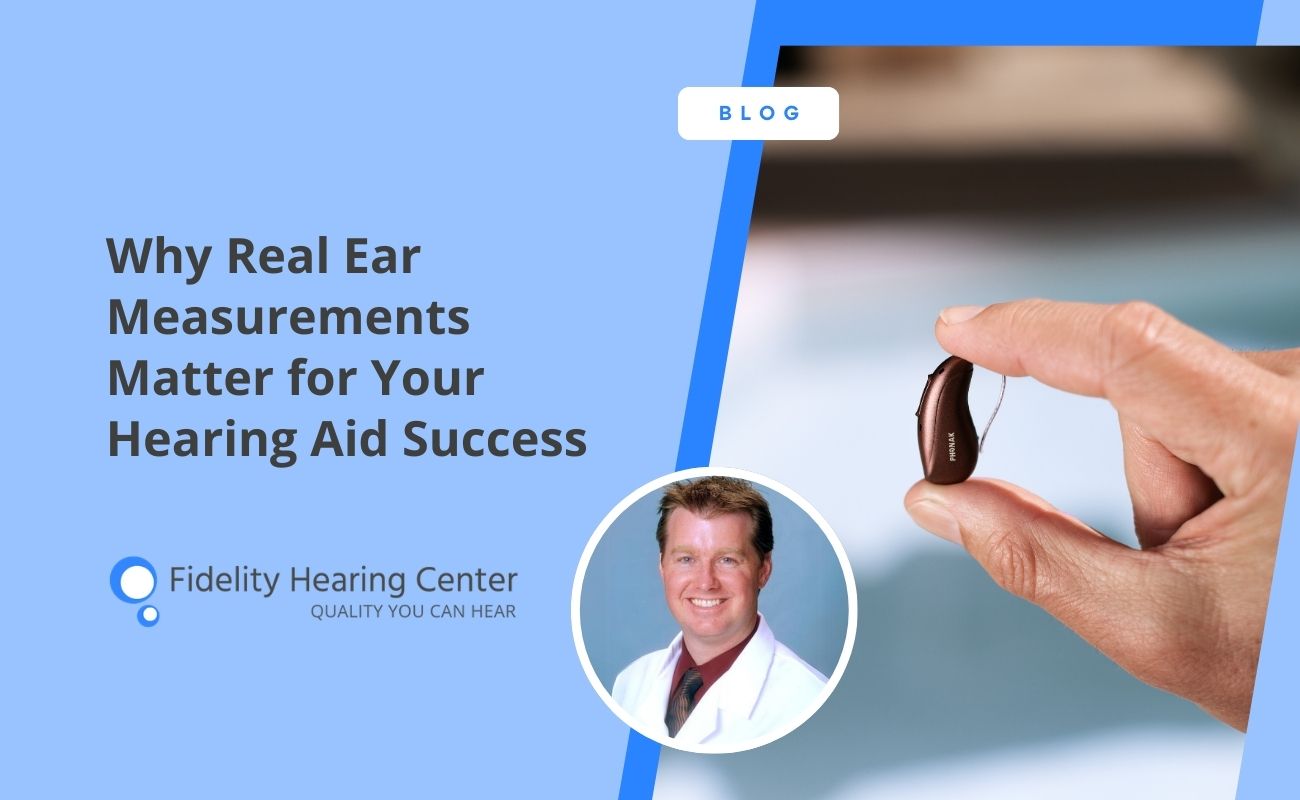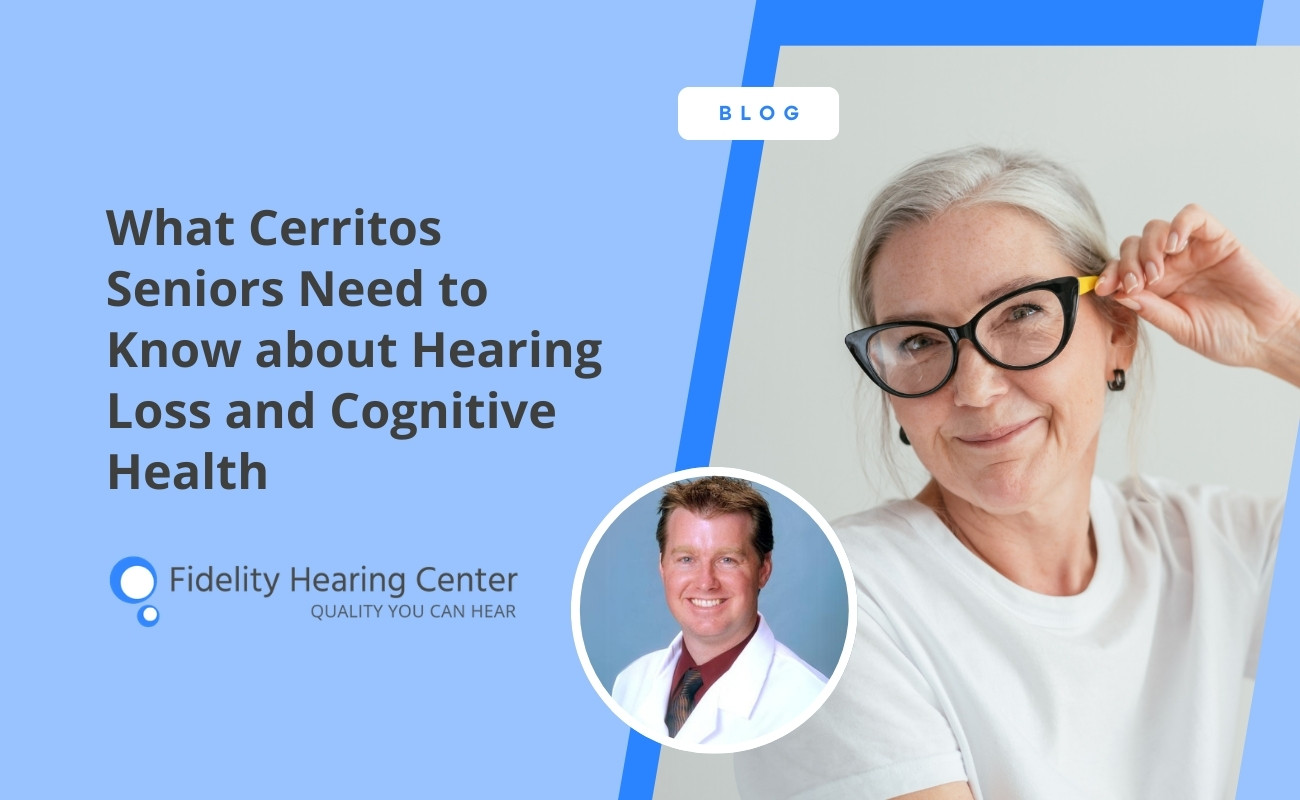Having teenage children is the fastest way to realize how old you really are. They won’t fail to tell you how the music you listen to, the clothes you wear, and the words you speak belong to a bygone era. Another sign of aging comes from physical changes in your body. The signs of aging are generally understood to be a decline in your eyesight, strength, stamina, and memory, as well as experiencing chronic illnesses and hearing loss. Taking steps to treat this last condition is just as important as the rest. Age-related hearing loss can be a gateway to a host of social, emotional and physical problems if left untreated.
What is age-related hearing loss?
Age-related hearing loss (presbycusis) is a condition that affects older people. It usually starts with the loss of clarity in distinguishing between higher frequency sounds such as ‘s’, ‘f’, and ‘t’. This means the person is able to hear that somebody is speaking to them, but doesn’t understand what has been said.
In the US, about a third of people between the ages of 65 and 74 have hearing loss. That figure rises to nearly half in those older than 75. Other signs of hearing loss include:
- Having to turn the TV up louder than other people are comfortable with.
- Finding it difficult to hear in noisy environments like restaurants and cafes.
- Finding it tough to maintain conversations over the phone.
Hearing loss can become a safety hazard if you’re unable to follow your doctor’s advice, respond to warnings (from authority figures like law enforcement), or hear fire alarms or doorbells. The feeling of losing your hearing is often painless and gradual, which makes it tough for people to know when they need to seek help. If you live with untreated hearing loss for many years, lasting damage can be done to your cognitive abilities, earning power, social life and relationships with family and friends.
Why do we lose our hearing as we get older?
There are many ways we can lose our hearing as we get older. It can be tough to distinguish between age-related hearing loss and loss which results from being exposed to noise. Noise-induced hearing loss (NIHL) comes from hearing sounds that are too loud or last for too long. There is a sliding scale of safe exposure to sounds before damage to the ears occurs. For instance, you can be exposed to sounds at 85db for 8 hours before any damage is done. That length of time drops to 2 hours for exposures at 100db. Once past these thresholds, sensory hair cells in your ear are damaged. This damage is permanent, and your hearing diminishes as a result.
As for presbycusis, it occurs usually from complications connected to existing conditions the person may have, such as high blood pressure or diabetes.
As we age, any hearing loss we experience is usually a combination of presbycusis and NIHL.
How to prevent hearing loss:
Although there is no sure-fire way to avoid age-related hearing loss, if you are concerned that you might develop hearing loss as you get older, there are a number of things you can do which will give you the best chance of protecting yourself.
1. Limit your exposure to noise
Are you finding it hard to hear your favourite TV shows? It’s best not to turn up the volume, but consider using closed captioning when watching TV. Most of the streaming services now provide them for the majority of shows, and you won’t need to damage your hearing any further. Likewise, be careful when listening to music and podcasts using headphones. This is particularly important if you have earphones that send the music directly into your ear. There are volume-limiting functions on most smartphones that will automatically limit your maximum volume to a level chosen by you.
2. Wear hearing protection
Whether you’re watching your favourite sports team or attending a concert or another event that draws crowds and amplified music, you need to be wearing hearing protection. Going to these things with friends can be a great way to pass the time, but you should at minimum get basic yet effective earplugs at drugstores or online marketplaces. Many come in travel pouches that fit into your daypack.
3. Get yourself tested regularly
This is perhaps the most important thing to remember. We are not the best judges of our hearing ability, and only a qualified hearing health specialist can provide an accurate assessment. They do this using tests that assess your ability to hear different frequencies, as well as find the lowest volume at which you can understand speech. Experts recommend getting a hearing test once a year if you are over 60.
Treat your hearing loss with Fidelity Hearing Center
Treating any existing hearing loss is an excellent way to take care of your health as you get older. The right hearing aids can allow for better communication with family and friends, boost your confidence and even improve your brain function. If you are concerned about changes in your hearing, Fidelity Hearing Center is here to help! We offer comprehensive hearing evaluations and can guide you in selecting the perfect hearing aids for your budget, lifestyle and level of hearing loss. Get in touch today.






.png)